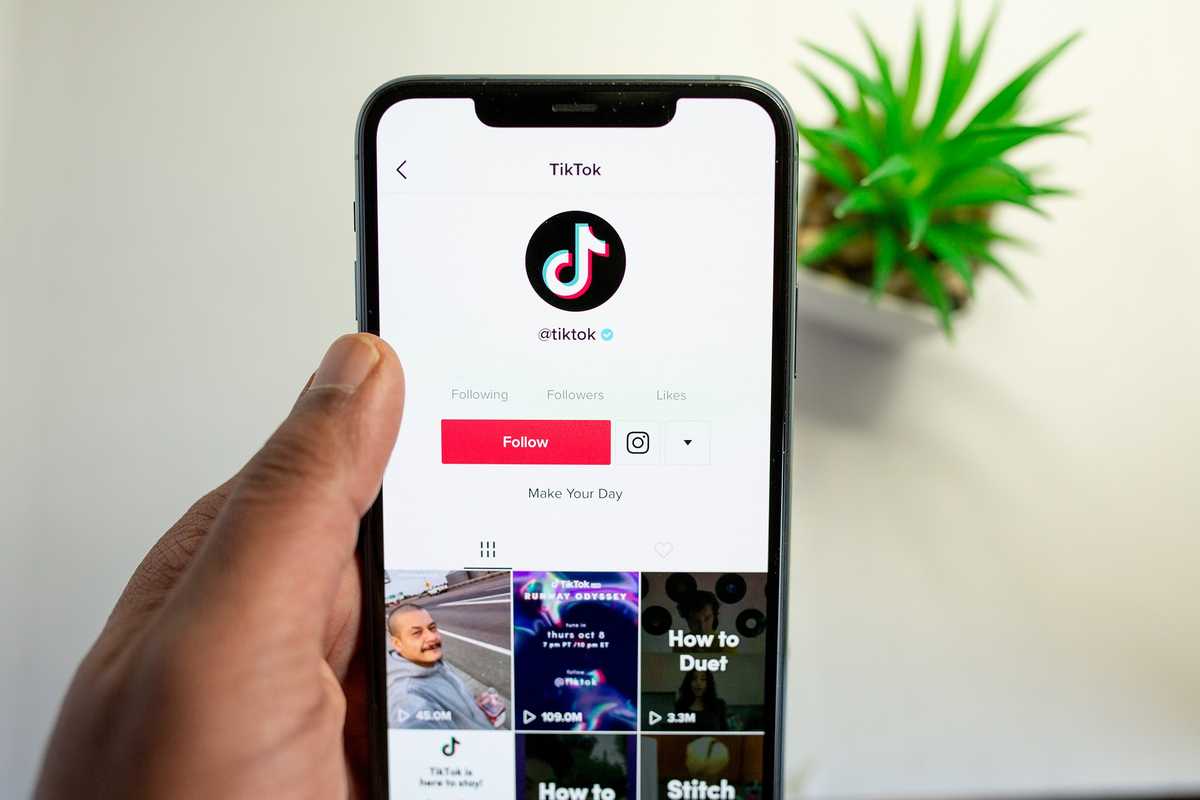Affiliate marketing vs social media marketing: which is right for me?
- Publication date
- Author
- Gemma Lavers
- Reading time
- 9 minute read
Affiliate marketing and social media marketing are two different strategies, which happen to both have similarities and can be linked with one another. As an example, affiliate marketing tends to be the most successful when built on recommendations from your social media channels. Alternatively, social media can be an effective channel for affiliate marketing. It can sometimes be as easy as using both tactics to ensure sales and website traffic.
In 2021 a Hubspot poll reported that a whopping 79% of marketers bought paid advertising on social media. Also in the same year it was reported that over 80% of brands already have affiliate partnerships in place. What we’re trying to say here is that both marketing techniques have grown over the last few years, and will ultimately continue to grow in the future.
We know it can be hard to get the hang of all the different marketing channels out there, whether you’re new to the field, or practically an expert. So, we’re here to break down everything for you. We’ll help you answer the vital question of ‘out of the two, which marketing technique is right for my business?’
Let’s begin with the basics.. Both methods of marketing have the ability, when implemented correctly, to drive quantitative success.
Out of the two, social media marketing will provide you with more control over the marketing process. It really is up to you, and your brand, as to how you want to be perceived online. Social media marketing is a marketing technique which puts all the power in your own hands - you get to decide what you post, what you link to, even down to the smaller details, like what is in your bio.
With affiliate marketing, on the other hand, you’re reliant on another brand or individual to promote your brand or product for you. This comes with a whole host of benefits, like increasing your reach and accessing new audiences. But it does mean a little less control.
So, where do they overlap? Well, while affiliate marketers (the brands or individuals promoting your products) can promote you in all sorts of places, many will use social media to do so. Don’t worry if this has got you a little perplexed, we will discuss more about both social media marketing and affiliate marketing below.
If you’ve been following the Breezy blog for a while now, you’ll probably know that we write a lot about this type of marketing. Affiliate marketing, in its simplest form, is the process of rewarding another retailer or advertiser for promoting your product or service with their networks. This partner is known as an affiliate, or affiliate marketer.
The primary brand (the one that wants their product promoting) benefits from (hopefully!) getting more traffic and sales. Meanwhile, the affiliate marketer usually gets a share of the revenue from any sales they instigate. In this way, they get paid based on performance.
The affiliate gets sent a special link, known as a tracking link, that they can use to promote a product. Then, when anyone clicks that link and goes on to make a sale, the affiliate gets paid.
The affiliate may promote a product on their website, YouTube channel, through paid advertising, or on social media. It can even be as simple as sending a link to their friend on WhatsApp! To learn more, read our guide to affiliate marketing.
In this day and age, social media is used for many different things. Some people use it to connect or rekindle relationships with family and friends. Others use it to vocalise political issues or sell products.
Social media has opened doors for businesses all across the world as an easy way to promote their products and services. To put it simply, social media marketing is a way of building your brand, increasing sales and website traffic by posting on social media platforms.
Social media began with content and it still relies heavily on new and fresh content to this day. As most businesses know, content is a crucial way to grab people’s attention and let them know about your brand. However, as time has gone on, partnering with other brands or individuals to maximise your brand’s impact on social media has become key.
By partnering with a brand or influencer who can re-share the content you create on social media or create their own content geared around your brand and products, you can expand your reach and boost sales. Of course though, you’ll need a way of incentivising your partner, and one popular way of doing so is by working with them on an affiliate basis. That way, you only have to pay them when their efforts are successful! This is where social media marketing and affiliate marketing become one and the same.
It can be a little bit harder to track an affiliate’s performance on some social channels but it is doable - read our guide to making money affiliate marketing without a website for the full lowdown.
Every brand and every social media platform is different. So, the best social media platform for one brand will often not be the same as the best platform for another.
Facebook is often seen as the ‘holy grail’ of social media platforms as it has the highest number of users. It also contains elements that allow users to really narrow down their preferences and interests. This is a benefit to you, as someone who is trying to sell a product or service. It means you can focus on the people who are interested in what you sell, and ignore those who may not be interested.
If you’d prefer your strategy to be more picture-heavy, or if you are looking to market a shop or item which naturally works best when photographed, then Instagram or Pinterest may be the best way forward. Instagram is also a really popular platform for partnering with influencers. Already, 87% of brands embrace Instagram for its influencer marketing potential and have taken spending from their marketing budget to allow for it.
Most importantly though, make sure that you consider your target audience and which platforms they’re most likely to be on. LinkedIn is geared around a professional audience so is likely to be the best choice for B2B brands. Alternatively, younger audiences, like Generation Z, are more likely to embrace newer platforms like TikTok. By bringing your brand and content to where your audience is, you’ll be well set up for success.

Affiliate marketing is a very powerful marketing channel that’s been proven to help brands grow. However, it may not be the right choice for every business. Here are the main pros and cons to help you get to grips with whether this approach is right for your brand right now.
Like affiliate marketing, social media marketing has its ups and downs too. However, while it can be tricky to master, it’s largely seen as a crucial part of marketing your business. You’d be hard-pressed to find a brand nowadays that doesn’t use at least one social media platform – over 200 million brands already use Facebook’s free tools to market their product or service, according to dreamgrow!

At this point you’re probably thinking: so, which one is right for me?
Well, it’s all about choosing the best fit. If you’ve seen a decrease in the demand for your product due to saturation, affiliate marketing may work as the better option for you. This way you’ll be able to use an affiliate’s established reach to market to a fresh audience.
Alternatively, if your goal is to establish brand loyalty and build a core following of engaged customers, social media marketing may be preferable. Instead of focusing first and foremost on selling your products, you can create content that enhances your brand’s reputation and shows off your personality. It’s also a great way of engaging directly with consumers.
That said, it’s important to note that you don’t have to choose between the two! Both methods have been proven to work, and they can both bring different benefits to your business. In fact, we’d say that you’re likely to get the best results by using both together.
There isn’t a definitive answer when it comes to which type of marketing works better. Both affiliate marketing and social media marketing are fantastic methods that can help grow your business. In fact, a hybrid approach of the two is usually the best way forward in our books!
If you’re ready to find affiliates to help boost your traffic and sales, book a demo for Breezy. Our partner search engine can help you to find relevant affiliates way more quickly so you can focus on making those partnerships a success.